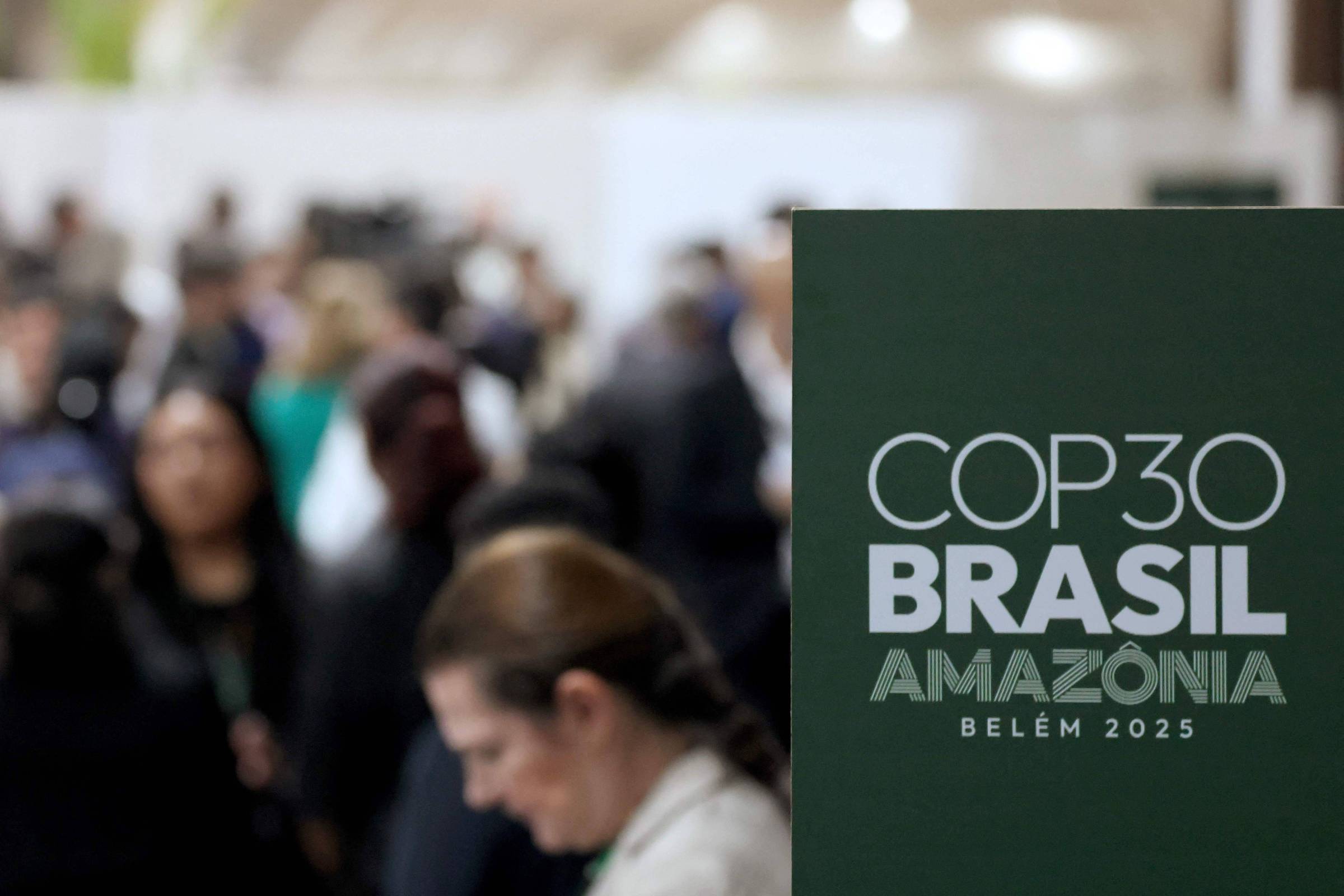
It’s almost time to light the candles. George Orwell’s essay ‘Politics and the English Language’ will be 80 years old in April 2026, but even after so much time, we seem to have learned little from it.
This classic essay is sometimes seen as a style guide. But that’s not all. In it, the British author begins by arguing that the English language at the time was in decline. When we investigate the reasons for this, it quickly becomes clear that language is both an instrument of politics and a victim of politics.
Orwell shows how vague, exaggerated, poor, confusing and imprecise language can lead to profit. It helps hide responsibility, defuse threats, manipulate public perception, and make the unacceptable acceptable. Even worse, lazy language makes us think lazy thoughts, which creates a vicious cycle.
I can’t help but think of Orwell accompanying the climate change bureaucracy to COP30, the United Nations climate change conference in Belem. It’s normal for experts to use jargon, but the strange thing is that suddenly we all start speaking this strange language. The sheet We needed to publish a glossary to guide readers through the jungle of strange acronyms and obscure terms.
For example, one of the guiding principles in climate change negotiations is that of “common but differentiated responsibilities.” The word “sin” was certainly omitted in order not to upset the main culprit. The very name of the conference to be held in Belem this year, “Conference of Parties,” is an abstraction of the subject matter responsible for negotiation.
Only at COP28 in Dubai did the “parties” in the final document even mention by last name the fossil fuels responsible for the climate crisis. Still, there was talk from them about an abstract “transition.” How far? There’s no way to know. But since the word “elimination” or “termination” is omitted, it shouldn’t be that far off.
It’s a clutter of difficult terms. “Nationally Determined Contribution” (NDC) is a goal for each country. Another dilemma of this COP is the “Global Adaptation Goals,” which are indicators for verifying whether the Earth’s resilience measures against climate change are working. It’s a world full of acronyms and awkward foreign words like IPCC, UNFCCC, TFFF…
The most immediate impact of this language is to keep the public out of the conversation and allow the “parties” to take action. In this sense, this is no easy feat, given the recognition that the Paris Agreement goal of limiting global warming to 1.5°C by the end of the century will not be achieved.
Orwell’s essay is precisely a critique of this technocratic idiom. Of course, COP30 leaders could easily find another vocabulary. But the case here is not just for beginner languages. Take a look at the recently published study “Climate Change: A Global Assessment.” This is a review of the available literature on obstruction of climate change negotiations at the United Nations since 2015, when the Paris Agreement was signed.
George Orwell would have smiled triumphantly upon hearing the conclusion.
Some of the research reveals rhetorical strategies that show how the fossil fuel lobby and polluting countries have worked to manipulate the language of climate agreements, using consistently ambiguous text. Researchers documented spelling changes, word choices that conveyed uncertainty, and wording that semantically provided loopholes that allowed greenhouse gas emissions to continue.
The good thing is that Orwell has a solution to this memo language. The way forward is to cultivate mental health and, through constant vigilance, always seek clear words that denounce those who try to hide behind empty formulas.
Collaboration with Jessica Mays



